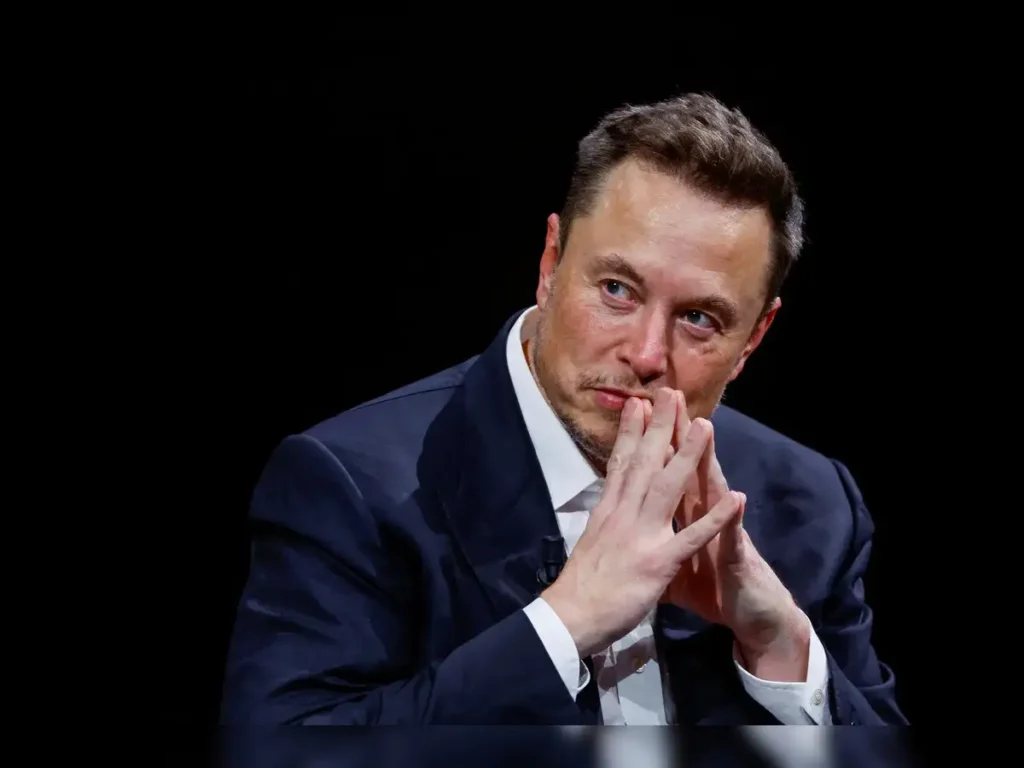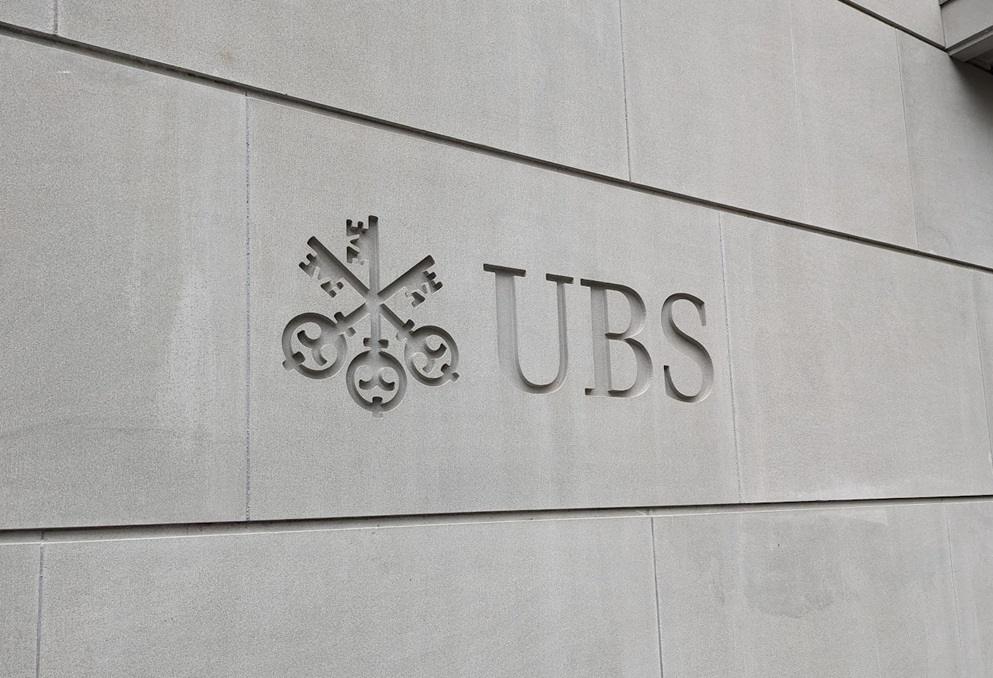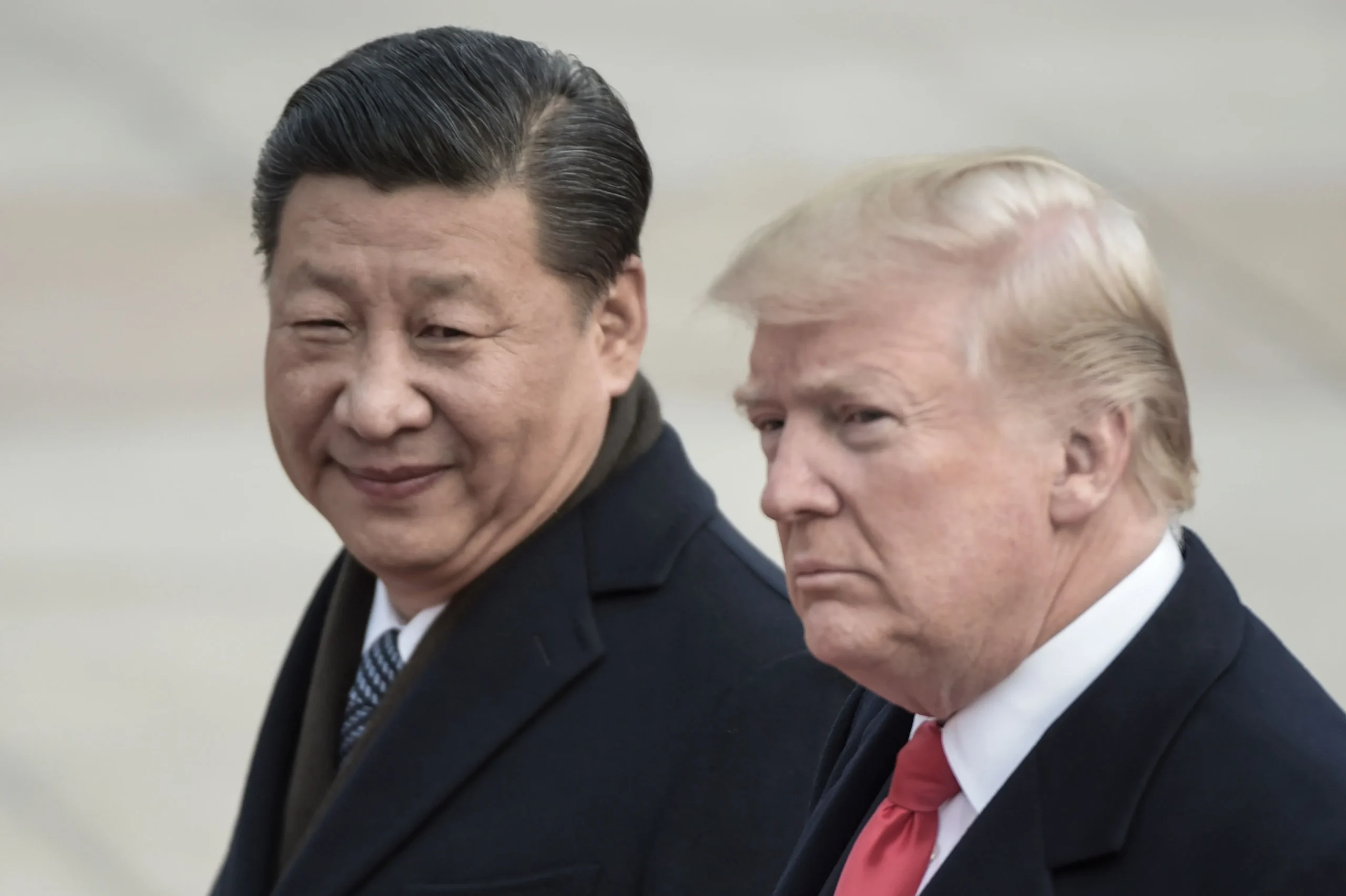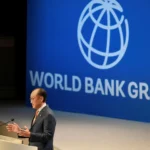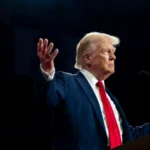Saudi Arabia Courts Wall Street Titans for Multibillion-Dollar AI Partnership as Sovereign Wealth Funds Expand Global Reach

Saudi Arabia is accelerating its push to become a global hub for artificial intelligence, with officials reportedly in talks with major private equity firms to establish a multibillion-dollar partnership that could reshape the region’s investment footprint in cutting-edge technologies. At the same time, the kingdom’s sovereign wealth ambitions underscore a broader trend: Middle Eastern funds are increasingly influencing everything from Western corporate strategies to global financial markets—often in ways unseen by the public.
Riyadh’s AI Gamble
According to people familiar with the discussions, Saudi Arabia’s Public Investment Fund (PIF)—already one of the world’s largest sovereign wealth funds with assets over $900 billion—is exploring alliances with U.S. private equity giants and global tech investors to back advanced AI research, cloud infrastructure, and next-generation data centers.
Crown Prince Mohammed bin Salman has made AI a cornerstone of Vision 2030, his sweeping economic diversification plan. By pairing Saudi capital with Wall Street’s investment expertise, Riyadh aims to leapfrog into global leadership in AI development while simultaneously reducing reliance on oil revenues.
Why Private Equity?
Private equity firms are attractive partners because of their ability to structure large-scale deals, manage risk, and secure stakes in late-stage startups and infrastructure projects. For global investors, Saudi Arabia offers access to deep pools of patient capital and a government eager to fast-track transformative projects.
“AI is the new oil in terms of strategic importance,” one Gulf-based investment advisor said. “By investing billions now, Saudi Arabia is ensuring it has a seat at the table in shaping the industries of tomorrow.”
Sovereign Wealth Funds in the Driver’s Seat
The AI partnership talks highlight a much bigger story: the expanding power of Middle Eastern sovereign wealth funds. In recent years, entities like Saudi Arabia’s PIF, Abu Dhabi’s Mubadala, and Qatar Investment Authority have quietly become some of the most influential players in global markets.
Their money is everywhere:
- Tech Giants: Investments in Uber, Lucid Motors, and semiconductor ventures.
- Sports & Entertainment: Stakes in Premier League football clubs, LIV Golf, and Hollywood studios.
- Finance & Infrastructure: Major capital injections into U.S. banks, renewable energy, and logistics hubs.
These funds, backed by oil wealth but increasingly diversified, now manage trillions of dollars, making them some of the most powerful allocators of capital worldwide.
Global Reach, Local Ambitions
For Saudi Arabia, the AI push also serves a domestic purpose: job creation and technological independence. The kingdom is building research centers, training programs, and AI-focused startups, often with support from international partners. Sovereign wealth investment ensures that local ecosystems benefit from global innovation while also embedding Saudi capital into the global supply chain of technology.
At the same time, critics warn that the growing role of state-backed funds raises questions about transparency, governance, and geopolitics. When sovereign wealth flows influence corporate boardrooms, the line between financial strategy and statecraft becomes increasingly blurred.
Why It Matters for Everyone
Though most consumers may not realize it, Middle Eastern sovereign wealth funds already have a hand in shaping daily life worldwide. The apps people use, the cars they drive, the sports they watch, and even the energy powering their homes are increasingly tied to Gulf capital.
The proposed Saudi-private equity AI alliance represents not just an investment story but also a symbol of how wealth, power, and technology are converging in the 21st century.
Looking Ahead
If finalized, the AI partnership could involve tens of billions of dollars in funding commitments over the next several years, positioning Saudi Arabia as both a patron and a stakeholder in the most transformative technology of the decade.
As one European banker observed: “When Saudi Arabia decides to move, they move big. AI is no exception. This could be their moonshot moment.”





